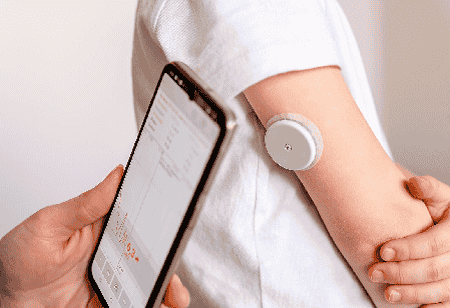India Pharma Outlook Team | Monday, 21 July 2025

In a breakthrough for health care, Kozhikode has become the first district in Kerala to provide continuous glucose monitoring (CGM) systems free of charge to children diagnosed with Type 1 Diabetes (T1D).
The district health administration has undertaken an ambitious initiative to fundamentally change the way young patients manage their chronic condition, increasing treatment adherence and improving health outcomes, including long-term sequel to diabetes.
CGM minimizes the finger-prick device needed for blood glucose monitoring, by allowing real-time tracking of blood glucose and triggering interventions and tighter glucose control.
Living with T1D is a constant struggle for children, many of whom have been subjected to multiple finger pricks every day. CGM is now lowering emotional as well as physical burdens, and reducing the chances of extreme highs and lows and ultimately diabetic emergencies, hospitalization, and complications.
Also Read: The Future of Genomic Sequencing: Trends That Will Define the Next Decade
The implementation of a public health initiative to provide free CGM devices could not have come at a better time as Kerala continues to see an increase of T1D cases in children. Low income families will benefit the most from the initiative, as many families simply cannot afford these advances in diabetes management. In covering the cost of CGM devices, the health department in Kozhikode is normalizing unheard of access to potentially life-saving advanced diabetes technology for many families, and leading the way for other districts and other states in India to follow suit.
Medical experts hail this move as a step toward modern, tech-integrated chronic care, bridging the gap between affordability and high-quality treatment. As the healthcare landscape shifts toward proactive, data-driven solutions, Kozhikode’s model could soon become a blueprint for scaling digital health equity.